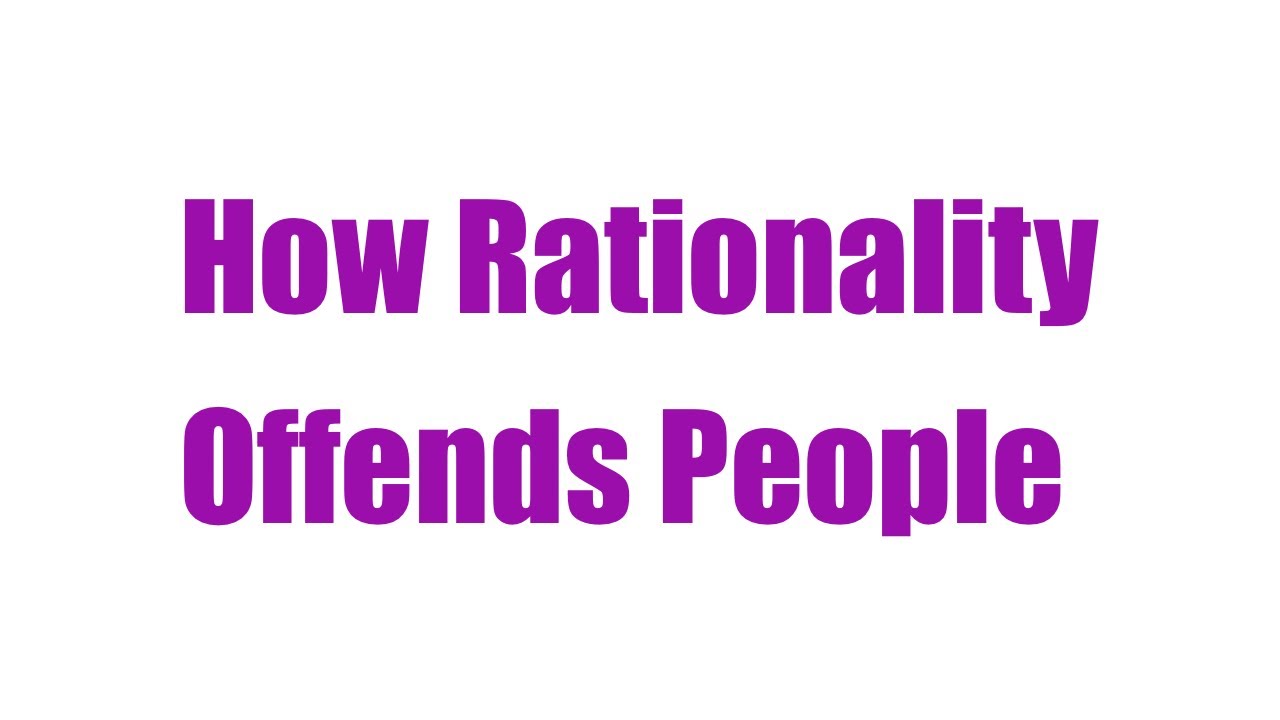In * Paths Forward you write:
Paths forward are individual. You should personally have paths forward for all of your ideas, and take responsibility for their quality.
How does this relate to people aren’t too sure about what’s correct or not? Is paths forward different for beginners? Is it more for people who are confident in some important ideas?
I’m thinking that paths forward aren’t meant to be applied equally to every tiny little problem. I’m guessing that paths forward isn’t for someone to write out how they live their life and seek feedback on that. There’s just too much there and a beginner would expect that they have lots of messy conflicts in their worldview that need to be addressed through more learning.
My impression is that paths forward is for ideas that someone or some group is confident in and believe to be really important. If you’re still just learning about a lot of that stuff, how do you start paths forward?
Would you just start by writing something short like: I agree with Critical Fallibilism, Objectivism, “The Beginning of Infinity”, etc. What if you like those ideas and think you agree with them but don’t know them well?
At 18:05 https://youtu.be/keap0ZNuElo?t=1085, you start talking about the lying problem with paths forward. How can paths forward address problems of irrationality, like not wanting to follow through with policies?
One reason I’m asking about this is that a generic paths forward problem seems to be more about disagreements about the importance of learning, putting in effort, trying to change/improve, and being honest. A lot of these disagreements are intutitive and they are also internal conflicts, which means they’re not ideas people want to defend. These disagreements are things that people might not want to disagree with paths forward about but can’t figure how not to. I guess I’m thinking that doing paths forward requires already being a pretty good person. I’m not sure if those are problems paths forward is meant to solve, or if they would be solved by paths forward, or if I’m just missing some important ideas about paths forward in general.
PF is most important for public intellectuals. But everyone, regardless of confidence, has ides which they act on. Error correction for those ideas would be useful. Some of their friends or family might care enough to help. A stranger would have less reason to discuss if there are no thought-through claims of general interest, although some people like helping others, or like participating in discussion or problem solving.
Would you just start by writing something short like: I agree with Critical Fallibilism, Objectivism, “The Beginning of Infinity”, etc. What if you like those ideas and think you agree with them but don’t know them well?
There’s nothing wrong with saying stuff like that.
Even top experts should primarily form opinions about other ideas, and use literature references, instead of rewriting, rethinking or reinventing the majority of stuff. (The amount of primarily original research I do is really high, not a representative example of what should be normal. It says more about the current knowledge quality my field being bad than about me being good. I wish there was more good knowledge and literature in philosophy to build on or work with.)
If a debate mostly involves people making their own arguments, instead of mostly trying to make sense of the existing literature, it’s rarely oriented towards making objective, impersonal progress. People might be practicing or being unproductive.
Basically, people should get an organized understanding of existing knowledge before trying to do better than it. You can see from how they (don’t) engage with literature that they mostly aren’t doing this.
Our culture has huge biases and problems in this area. People are often very resistant to engaging with literature and integrating it into discussions. People should see engaging with existing writing as really important and try to figure out how to do it well and efficiently, rather than trying to avoid it.
Reading, summarizing, quoting, specifying modifications to existing ideas (instead of specifying ideas from scratch), figuring out what existing literature refutes what and what is left unrefuted, etc., are crucial skills for intellectuals to develop. But those kinds of skills are underrated and basically aren’t seen as impressive or rewarded much.
I guess I’m thinking that doing paths forward requires already being a pretty good person.
Paths Forward is primarily about what people could do that would be rational. People can aspire to it and compare behavior to it. It’s an attempt to understand how rationality works. But, unlike some philosophical theories, it isn’t just a bunch of abstractions. It also talks about methods to follow and actions to take. And it has answers to some practical objections and difficulties.
And PF is designed to limit how much integrity you need. Written rationality policies mean you need less integrity in order to get good outcomes. You can follow some of the methods and then have a less biased life.
It’s not just for high integrity people. One of it’s main design goals is to help people with flawed integrity. Actually, if someone had perfect integrity, they’d need PF much less.
If someone’s subconscious is opposing PF ideas, then they probably need some other ideas, e.g. my recent articles about intuition. The issue there isn’t being a beginner; it’s having some anti-PF intuitions.
Thank you. This response was very helpful for me.
